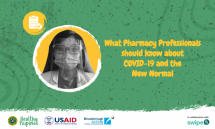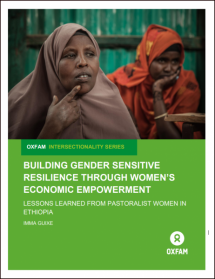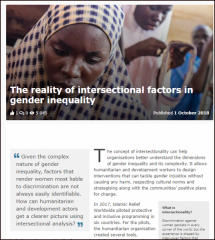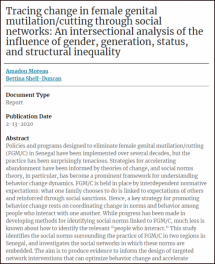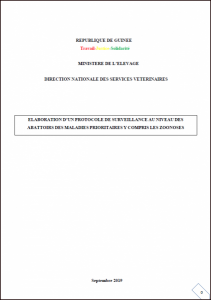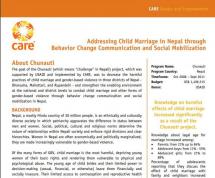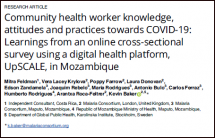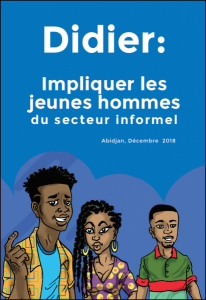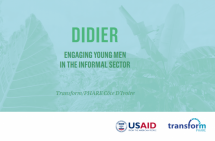Awareness and Education Campaign on COVID-19 for Pharmacy Professionals in the Philippines
In an effort to expand public efforts to arrest the progress of the COVID-19 pandemic, the Johns Hopkins Center for Communication Programs (CCP) collaborated with mClinica, an Asian regional tech startup that develops and operates mobile platforms, to build the capacity of the pharmacy workforce in the Philippines to communicate effectively with customers about COVID-19.
This partnership developed two solutions to strengthen pharmacy capacity to be sources of reliable COVID-19 information and communication : (1) run awareness campaigns to promote COVID-19 best practices and prevention for pharmacy professionals and the patients they serve through SwipeRx, the largest social network of pharmacies in Southeast Asia using their social media platforms and mobile application; and (2) provide continuing professional development (CPD) education modules to pharmacy professionals using SwipeRx app covering topics on COVID-19 etiology, method of transmission, best practices, and health system framework currently in place to tackle COVID-19 (i.e., health facilities to get diagnosed when COVID-19 infection is suspected, etc.)
The project produced a Pretest Results Report and a Posttest Report.
Materials cover the following areas:
- Community Pharmacy Interventions
- Pharmacist Testimonials
- CPD visuals
- Patient Isolation and Referral
- Patient Pathway
- Rapid Testing
- Case Identification
- Risk Reduction
- Pharmacy Operations and Facilities
- Pharmacy Operations Management
Source: Breakthrough ACTION/Johns Hopkins Center for Communication Programs
Date of Publication: March 17, 2021
SIMILIAR RESOURCES
Tools
Examples
- Noora Health COVID-19 Resources
- A Guide to WHO’s Guidance on COVID-19
- Message Toolkit Version 1 - Risk Communication for COVID-19
- Physical Distancing, Face Masks, and Eye Protection for Prevention of COVID-19
- Community-Based Health and First Aid COVID-19 Manuals
- Coronavirus disease (COVID-19): Masks
- Message Toolkit (Version 2) - Risk Communication for COVID-19
- Practical Guidance for Risk Communication and Community Engagement (RCCE) for Refugees, Internally Displaced Persons (IDPs), Migrants, and Host Communities Particularly Vulnerable to COVID-19 Pandemic
- How COVID-19 Spreads
- Advice on the Use of Masks for Children in the Community in the Context of COVID-19
- Awareness of COVID-19 for Pharmacy Professionals - Community Pharmacy Interventions
- Awareness of COVID-19 for Pharmacy Professionals - User Testimonials
- Awareness of COVID-19 for Pharmacy Professionals - Patient Isolation and Patient Pathway
- RCCE Guide for Community Health Workers, Volunteers, and Social Mobilizers
- Youth Leaders Mosque Materials

